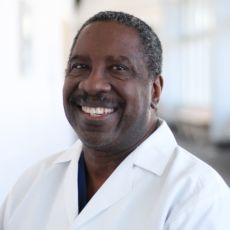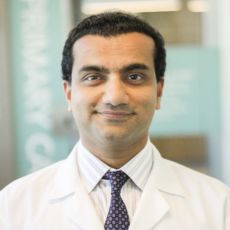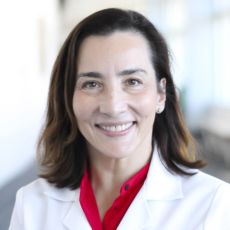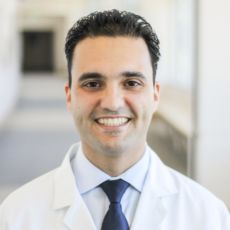Colonoscopy

Overview
What is a Colonoscopy?
A colonoscopy is an exam that your doctor uses to look inside your large intestines. Using a flexible tube with a small camera at the end, the tube in inserted into the rectum and advanced to allow observation of the inner lining of your intestines.
Why is a Colonoscopy Done?
A colonoscopy is typically done to investigate intestinal signs and symptoms due to changes in bowel habits such as constipation or diarrhea, abdominal pain and/or rectal bleeding.
Colonoscopies are also done for colon cancer screening. During this exam abnormal growths, called polyps, which have the potential to become colon cancer are removed to prevent them from developing into colon cancer in the future.
Risks
Potential Risks and Complications
There are few risks to a colonoscopy. Rare complications may include:
- Adverse reaction to the sedative used during the exam
- Bleeding from the site where a tissue sample was taken or a polyp was removed
- A tear in the colon or rectum wall
Your Saint John’s Physician Partners gastroenterologist will discuss the risks of a colonoscopy with you so you can make an informed decision.
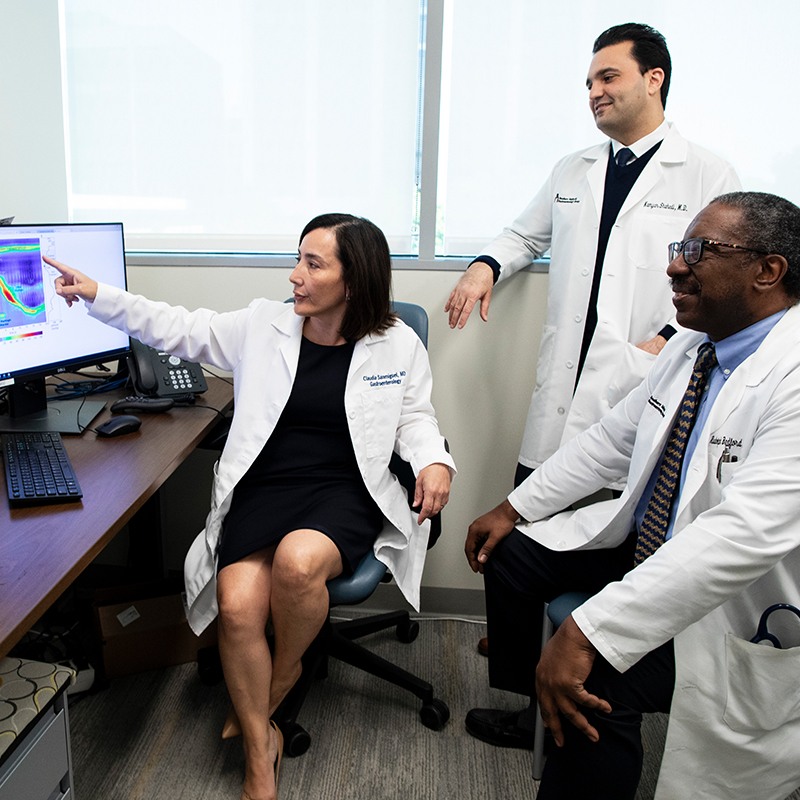
Prep
Preparing for a Colonoscopy
In order to have a successful colonoscopy you must have a clean colon:
Foods to avoid
It is recommended to avoid seeds, nuts and green leafy vegetables and roughage for 3 days prior to the procedure.
Liquid diet
You will be on a clear liquid diet for the 24 hours prior to the procedure, which can include coffee, broth, water and sporks drinks. All solids are avoided for these 24 hours.
The day before
Next you must empty your bowels by taking a combination of laxatives and pills and/or enemas, which is done the night before or the night and morning of the procedure.
Your doctor will give you specific written guidance for the preparation for the procedure.
What to Expect
What to Expect
The colonoscopy lasts approximately 30-60 minutes. Medications will be given into your vein to make you feel relaxed and drowsy. You’ll be asked to lie on your left side on the examining table. Your doctor will insert the colonoscope through the rectum and advance it to the other end of the large intestine for the examination.
You may experience some cramping or sensation of gas after the procedure, which usually dissipates within the next few hours, and typically return to normal activity the same day. Since you’ll be sedated for the procedure, you will need to have someone take you home after the colonoscopy. It won’t be safe for you to drive at least 8 hours afterwards.
Your doctor will give you follow-up instructions after the procedure.
Specialists
Colonoscopy Specialists
Written and reviewed by: The Saint John’s Physician Partners medical and editorial team. We are a highly specialized team of medical professionals with extensive gastrointestinal disorder knowledge, expertise and writing experience.
Last updated: 01.27.2021
